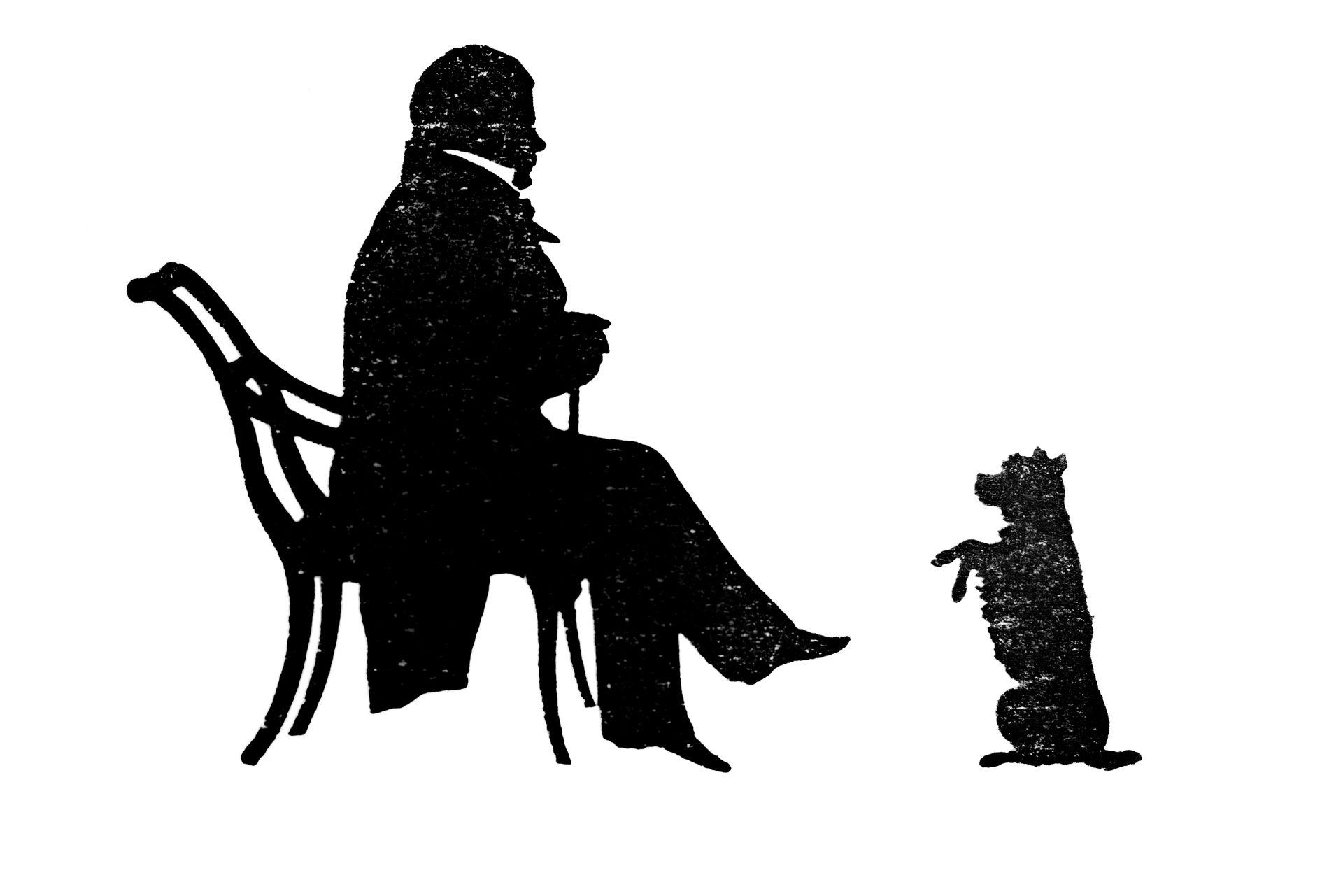1967
Our President in 1967/68 was:
The Right Hon. Lord Polwarth
He proposed the Toast to Sir Walter at our 60th Annual Dinner on Friday 1st March 1968 in The North British Hotel
Download the [transcript] or read the [bulletin]
Summary of the Speech:
Lord Polwarth delivered a deeply personal and historically rich toast, drawing on his direct ancestral connection to Sir Walter Scott. He focused on the enduring legacy of Scott's character, values, and patriotism, more than his literary output.
He reminisced about his great-grandfather Henry Scott's friendship with Sir Walter and spoke of family heirlooms, including a genealogical scroll written in Scott’s own hand. He traced the lineage of the Scott family from Uchtrct Fitz-Scott (c.1100) through the lairds of Harden, particularly “Auld Wat,” a border raider whom Scott greatly admired.
Polwarth reflected on Scott's strong ties to Harden and Mertoun, recalling annual traditions, letters, and journal entries that conveyed Scott’s warmth, loyalty, and humour. He quoted from Marmion and celebrated Scott’s ability to connect across class boundaries, from royalty to herdsmen.
The toast also examined Scott’s political beliefs: his conservatism, mistrust of rapid reform, and loyalty to Britain over Scottish separatism, but with a fierce pride in Scotland’s unique character. The speech ends on a poignant note with Scott’s final letter from Naples in 1832, revealing the repayment of his debts and his unfulfilled hope to return to manage his affairs — a spring that never came.
Noteworthy Points:
- Personal Connection: Polwarth was a direct descendant of Henry Scott, making the tribute highly personal. He referred to Sir Walter as “my kinsman.”
- Rare Family Artefact: A prized scroll containing the Scott family tree was mentioned, written and annotated in Scott’s own hand.
- Focus on Harden: The toast frequently returns to Harden as Scott’s spiritual home. Anecdotes include:
- Auld Wat’s breakfast of spurs.
- The poetic line “Willie with the bolt foot.”
- The Harden lairds’ colourful lives and characters.
- Scott’s Female Mentors:
- Harriet Scott (Lady of sixteen quarters) — helped refine Scott’s social sensibilities.
- Lady Diana Scott — gave Scott direct links to literary history, including memories of Alexander Pope.
- Marmion at Mertoun: Christmas visits and letters link Scott’s work on Marmion with family gatherings at Mertoun, reinforcing the idea that Scott’s creativity was nourished by kinship and tradition.
- Political Views:
- Scott was a Tory, suspicious of democracy's pace post-French Revolution.
- He believed in reform, but only when done prudently and by capable men.
- His defence of Scottish banking rights (Malachi Malagrowther) was highlighted as a major patriotic act.
- Public and Private Life:
- Dined with royalty and literary figures.
- Participated in military pageantry.
- Also deeply rooted in rural life, hunting, tree-planting, and caring for servants.
- Last Days:
- Final journal entries mention planting trees and writing in the woods.
- From Naples, he proudly reported repaying nearly £120,000 in debts, without owing a penny.
- Expressed hope for spring and a family dance — a wish that was never fulfilled.
- Closing Tribute:
- The speech ends with John Buchan’s description of Scott as “the most representative of Scotsmen.”
- The audience is invited to rise and drink to his memory.
Download the [transcript] or read the [bulletin]

Subsidiary Toasts
The toasts of “The Queen” and “The Royal Family” were duly honoured.
Thereafter Lady Elliot of Harwood, K.B.E., proposed the Toast of “Her Majesty’s Forces” to which Lt.-General Sir Derek Lang, K.C.B., D.S.O., M.C., replied.
“The City of Edinburgh” was proposed by the Hon. Lord Migdale and the Right Hon. Sir Herbert A. Brechin, O.B.E., Lord Provost of Edinburgh, replied.
The Toast of “The Chairman” was proposed by Mr J. B. Rankin.


